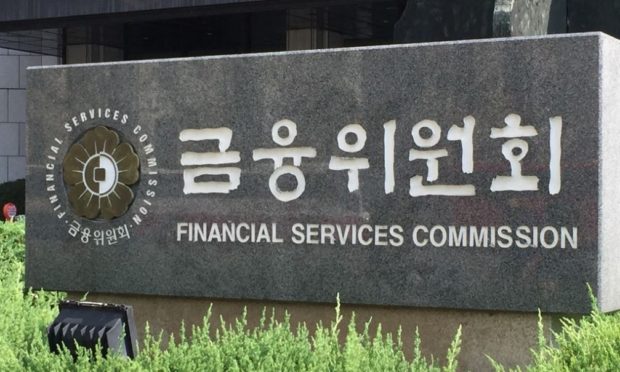SEOUL — South Korea’s financial regulator said Tuesday it will receive applications in October for a third internet bank, as it seeks to reinvigorate the nation’s financial industry.
The Financial Services Commission said applications will start being received Oct. 10 and an initial approval will be granted by early January next year. If things go well, a final approval will be granted by early February next year, it said.
“Financing ability is one of the important standards used by an evaluation committee for an internet-only bank,” the FSC said in a statement.
Internet-only banks also need to inject healthy competition in the local financial market and help improve competitiveness in the financial industry, an FSC official said.
In May, the FSC rejected applications by two consortia to set up the nation’s third internet-only bank, citing a lack of fundraising preparations and technical progress in their business plans.
One consortium is backed by financial technology firm Viva Republica and the other is led by brokerage Kiwoom Securities.
Officials at Viva Republica and Kiwoom Securities reacted cautiously to the FSC plan.
An official at Viva Republica said the company has been in internal discussions about whether to re-submit its application to set up an internet bank, adding, “It’s not a stage where we can make an official announcement.”
An official at Kiwoom Securities said the brokerage has made no decision on whether to re-apply to establish an internet bank.
Two internet-only banks — K-Bank and Kakao Bank — were launched in 2017, challenging traditional banks in South Korea and forcing them to cut commission fees, and revamp their online and mobile banking services.
Last September, the National Assembly passed a bill that allows a nonfinancial firm to boost its stake in an internet-only bank beyond the 4 percent ownership ceiling.
The ceiling was intended to prevent big business conglomerates from exploiting a bank as a private vault. However, critics said it discouraged technology firms from making inroads into the financial sector. Yonhap
